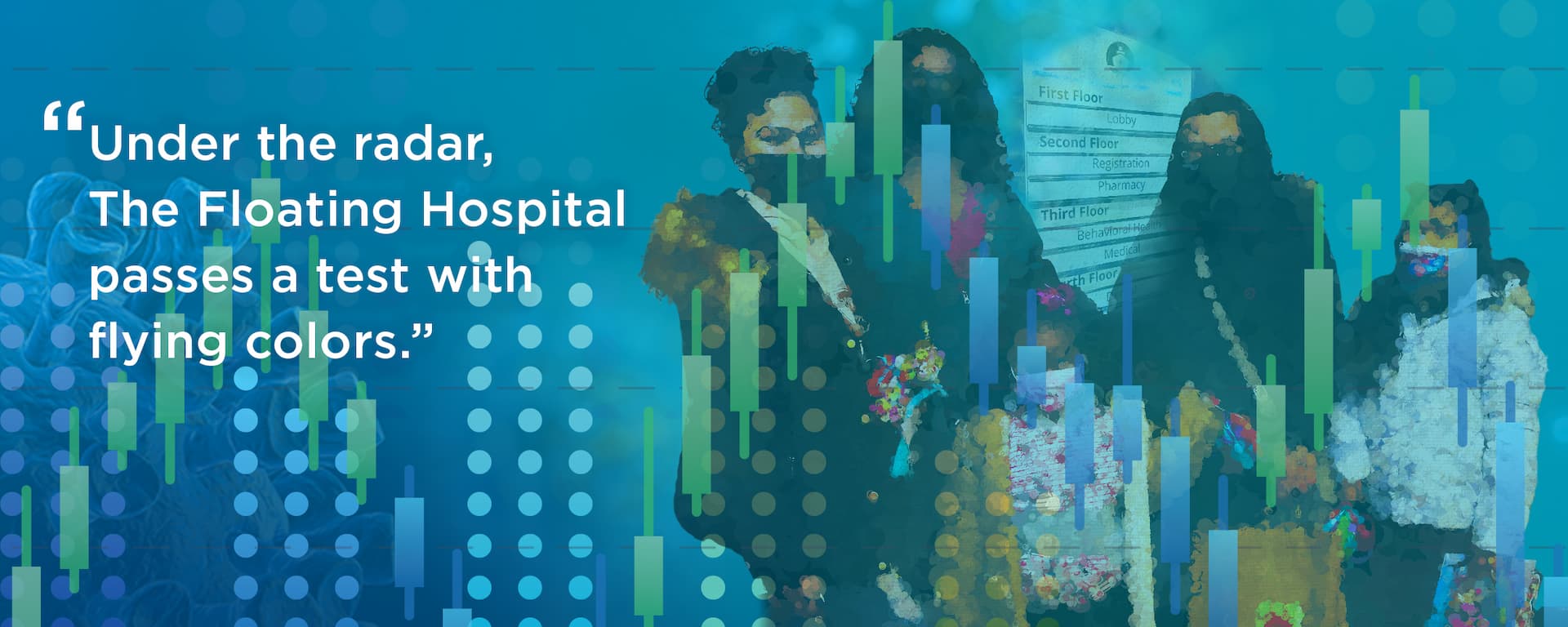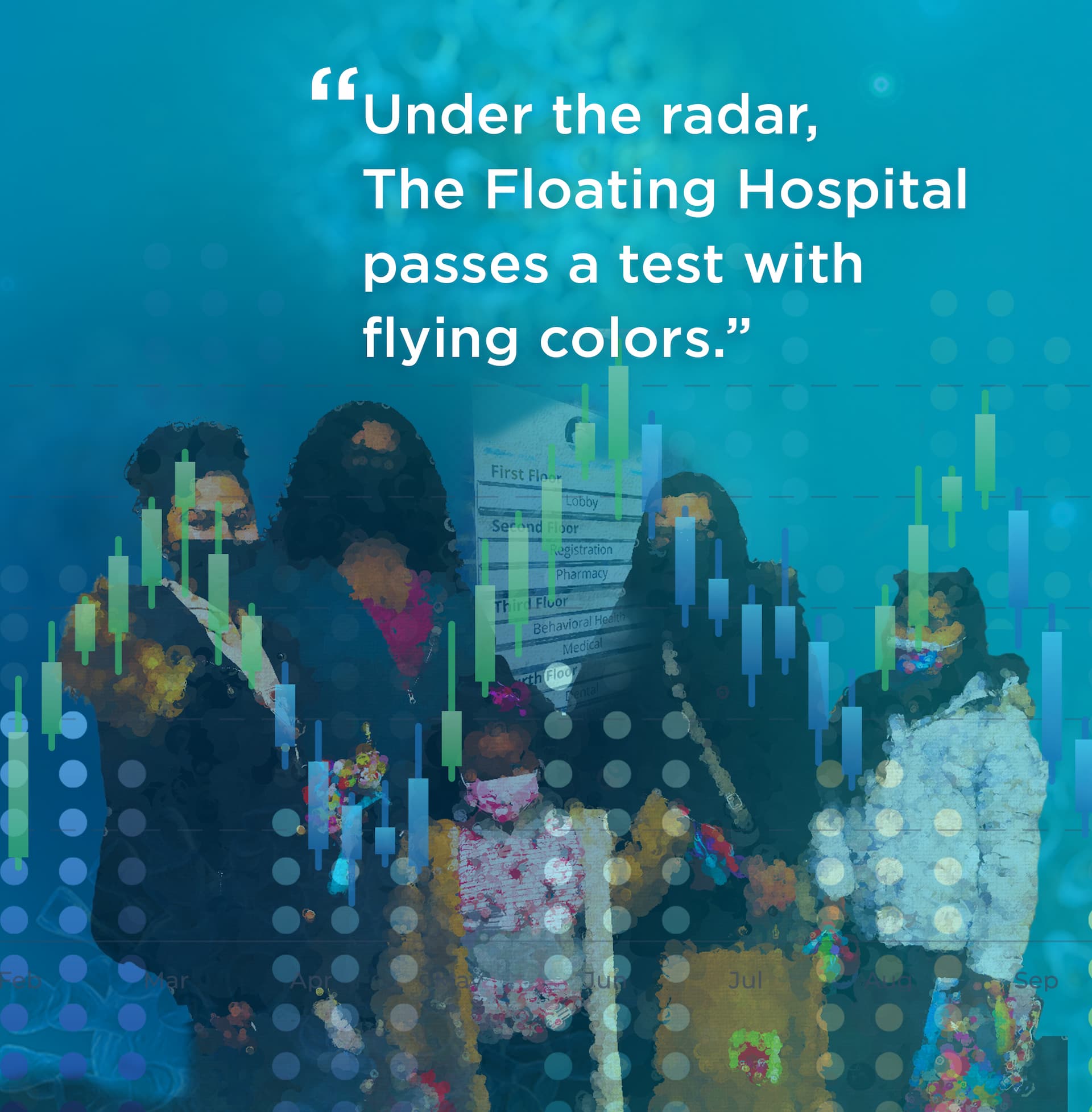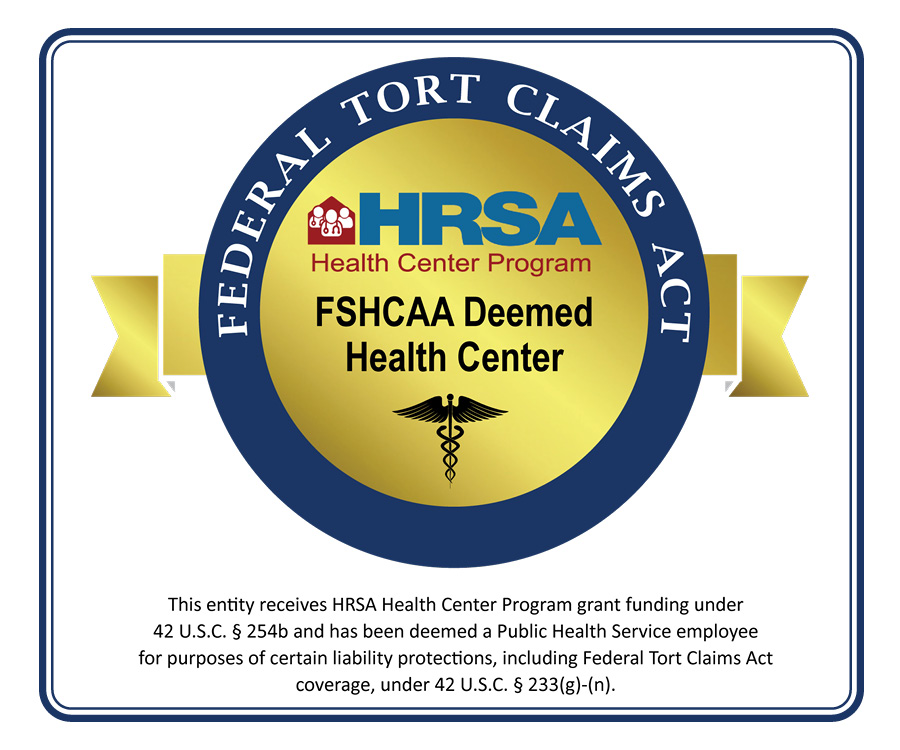
Community health centers are the great unknown—unless you really need one.
There’s a subset of healthcare providers that flies under the radar for most of the general public: those community-based clinics that qualify as Federally Qualified Health Centers (FQHC). These centers receive funding from the federal Health Resources & Services Administration (HRSA) to provide care in medically underserved areas and to vulnerable populations such as residents of public housing, homeless shelters, senior citizens, veterans and migrant workers.
As part of their mission, such “patient-directed” centers provide culturally competent, high-quality care that considers the whole patient and is “respectful of, and responsive to, individual patient preferences, needs and values.” Typically they provide sliding fee scales for the uninsured and often offer supportive services such as health education.
The Floating Hospital is one of them. Receiving its status in 2002.
“You have to have a solid commitment to providing community-based healthcare with a focus on populations that are truly underserved and find a way to serve them,” says Floating Hospital President Sean Granahan.
For us, that population is the “hidden homeless”— families living in shelters, domestic violence safe houses, or doubled up with family and friends. It’s a population that has gone unnoticed, yet number approximately 50,000 families in the New York City area. Granahan says the keen focus on families harkens back to the organization’s 19th-century mission of “serving, as we’ve always done, the poorest populations in the city.”


But that doesn’t come easy. As a HRSA awardee, we must comply with the regulations detailed in a 94-page manual that encompass a wide range of practices from clinic management and key staff hires to money management, monitoring and data collection. Then there’s patient and staff safety, quality assurances, and potential risk factors such as performance and emergency operations. Oh, there’s also a statistic-packed narrative document describing community and patient demographics, their needs and how the clinic serves them. Even the clinic’s board of trustees doesn’t escape notice: FQHC boards are required to reflect the populations served by their health centers. In keeping with that requirement, our board is racially, ethnically and professionally diverse with representatives from homeless shelters, public housing and community at large.
All in all, says Granahan, being an awardee “requires a certain level of rigor to maintain and follow strict rules. It’s not just getting a license and running like a traditional hospital—it’s a more engaged process with the regulatory authorities.”
To ensure they stay up to snuff, HRSA awardees are reviewed every three years via a comprehensive audit of the provider’s physical facility, demonstration of medical, clinical and financial competencies and compliances, and a site visit.

In November 2021, The Floating Hospital completed its review—its first in its new Long Island City flagship clinic. The clinic was dressed to impress and it did, receiving the highest score given to a FQHC, with high marks in every category and thus ensuring a high-quality continuum of care for the city’s most vulnerable families.
“Being an awardee of HRSA allows us to reach more people who need us in a much more comprehensive manner than if we were to go it alone,” Granahan says.
Share This Story, Choose Your Platform!
Categories
Tags
The Floating Hospital provides high-quality healthcare to anyone who needs it regardless of race, ethnicity, religion, gender, immigration or insurance status, or the ability to pay. By providing unrestricted medical care in tandem with health education and social support to vulnerable New York City families, The Floating Hospital aims to ensure those most in need have the ability to thrive, not just survive.


